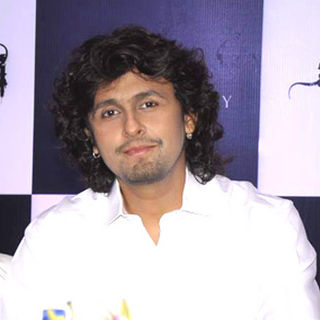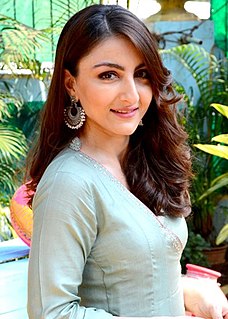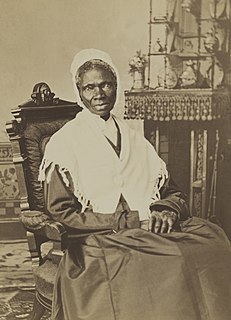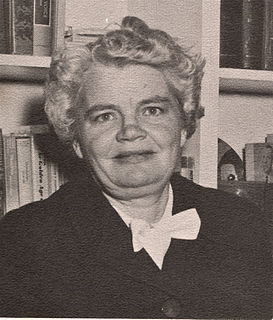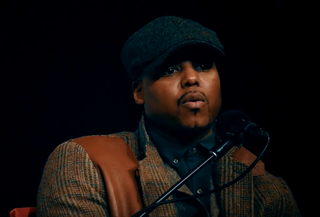A Quote by Carole Bouquet
A man can't pass on, like a mother could, an awareness of your body, or sensuality, or what it means to be a woman. I was never taught what femininity was. I learnt it - or rather I invented it - on my own. I tended not to talk at all, if people were staring at me.
Related Quotes
The love between a mother and her daughter is special. A mother takes her daughter under her wing and teaches her how to be a woman. In order to do this, you have to ask yourself what it means to be a woman of today. How do you balance care for others with your own quest for meaning and joy in life and how do you pass on these lessons to your daughter?
For me, one of my life's mission is to disrupt these dated concepts of what it really looks like and means to be a working woman. The expression 'working man' is never heard in conjunction. But people still talk about this sort of 'working woman,' and there's a bit of negativity to that connotation.
And ain't I a woman? Look at me! Look at my arm! I have ploughed and planted, and gathered into barns, and no man could head me! And ain't I a woman? I could work as much and eat as much as a man - when I could get it - and bear the lash as well! And ain't I a woman? I have borne thirteen children, and seen most all sold off to slavery, and when I cried out with my mother's grief, none but Jesus heard me! And ain't I a woman?
I've never thought of you like that,' said Christopher. 'How could I? If you were any other woman, I could tell you I loved you, easily enough, but not you-- because you've always seemed to me like a part of myself, and it would be like saying I loved my own eyes or my own mind. But have you ever thought of what it would be to have to live without your mind or your eyes, Kate? To be mad? Or blind?
History is a continuum, it's not these separate moments. That's how we look at it. In the 1700s in Virginia before there were police officers - there were these groups of men who would wander the countryside - and if they saw a black man or a black woman they would presume that that black man or woman was a slave. If you didn't have the kind of pass that you were supposed to have, then you could be whipped, you could be enslaved, you could be taken into custody - even if you were free. And as I'm reading this I find myself thinking, "How is this any different from stop-and-frisk?"




